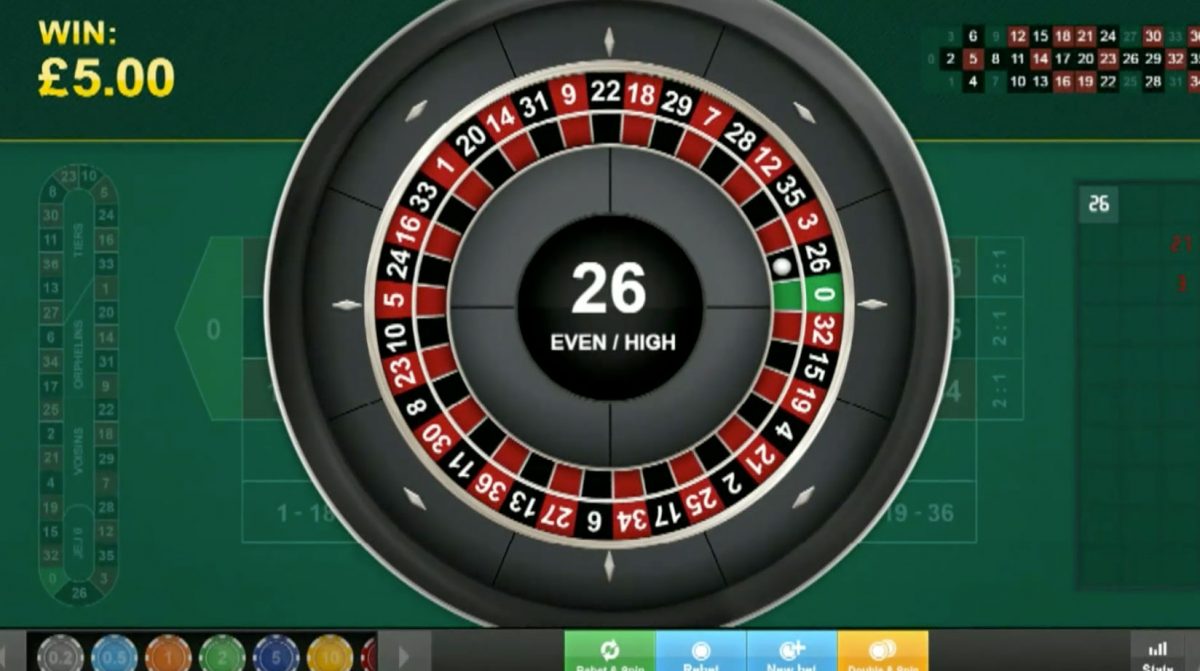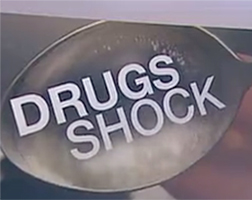Simon Stephens, Director of Case Work at AddictionsUK, talks to Radio Newcastle on the subject of painkiller addiction.
Transcript
Presenter
“Now the, the discussion about painkillers is because it’s claimed people in the Northeast are taking more addictive painkillers in anywhere, anyone else in the UK, um, it also claims we’re the most likely to be taking more than the safe dose. Um, two out of five who were surveyed said they they couldn’t work without them. They couldn’t bear to live without them. Simon Stevens is from AddictionsUK. Simon, his addiction is this pathological, is it psychological dependence?”
Simon
“It can be pathological, psychological, or it can be physical, um, there is various pathways that people can become addicted. Addiction can mean different things to different people. I suppose what you’d want to look for is those people who are taking painkillers at the prescribed rate, but feel that they’ve been taking them for so long that they know that should they stop taking them, they will suffer withdrawal symptoms. The other problem they’ll also face is of course they will have no pain relief as well. So they have a fear about stopping. Then there are those people who have taken painkillers and perhaps they only needed them, for example, for a short period of time. But they have found that it also quells internal anxieties, fears and worries and things, and for them then it can rapidly spiral out of control. So you have a second group of people who perhaps are taking prescribed painkillers but also buying, you know, more tablets on the black market as well. So this whole area divides up into different categories of people.”
Presenter
“Yeah, the stories we’ve heard this morning and people have been Tweeting in and putting on Facebook, they really do take all of those boxes. To be honest. Simon”
Simon
“I am not surprised to hear that this is, I believe it’s been one of your biggest phone-in topics for a long time?”
Presenter
“It is an absolute storm. I mean it, a few years ago I mentioned on air I happened to say, I didn’t realise about the dangers of codeine and the text’s just came into you. You know, just cause it’s, you know, it doesn’t mean that it’s safe, but there will be people, Simon, who to be honest, would have that feeling and then want to take it more to recapture that.”
Simon
“That is a third category of people who will abuse, uh, they may not be physically dependent, but they may later on become physically dependent. But they, they’re using the painkillers that medication as a recreational drug. So you have a third category. It makes it very complicated. Uh, we tend to refer to, Oh, people have become addicted, but we can mean many different things for different groups of people as to what, you know, what that really means.”
Presenter
“So there’s somebody bus driver, developed various problems and then says basically, that you have to go cold turkey to get off this list of drugs.”
Simon
“Um, that can be the case. One thing I’d like to highlight is that some research work that’s been done recently that said, if you are using painkillers that you really need to perhaps use them for two or three weeks and then start backing off because they become counter-productive. That you sense that the pain is actually worse than it really is. That continually just doping up on painkillers and having more and more is counter-productive. It does not solve the problem, that really, they’ve got to be used in a very specialist way. You know, it’s not something that you can just keep having more and more of, a number of people that come to our organisation with addictions to painkillers ranging from Nurofen all the way up to really strong opioids and many are saying that, like, the chap you had on that, that rarely, I don’t care about the pain anymore. I’m prepared to put up with, and what surprises them is that actually once they’re off the medication and all the horrible effects that’s beginning to have, the pain is really not that bad.”
Presenter
“Simon Stevens, thank you very much. Simon Stevens from AddictionsUK.”

